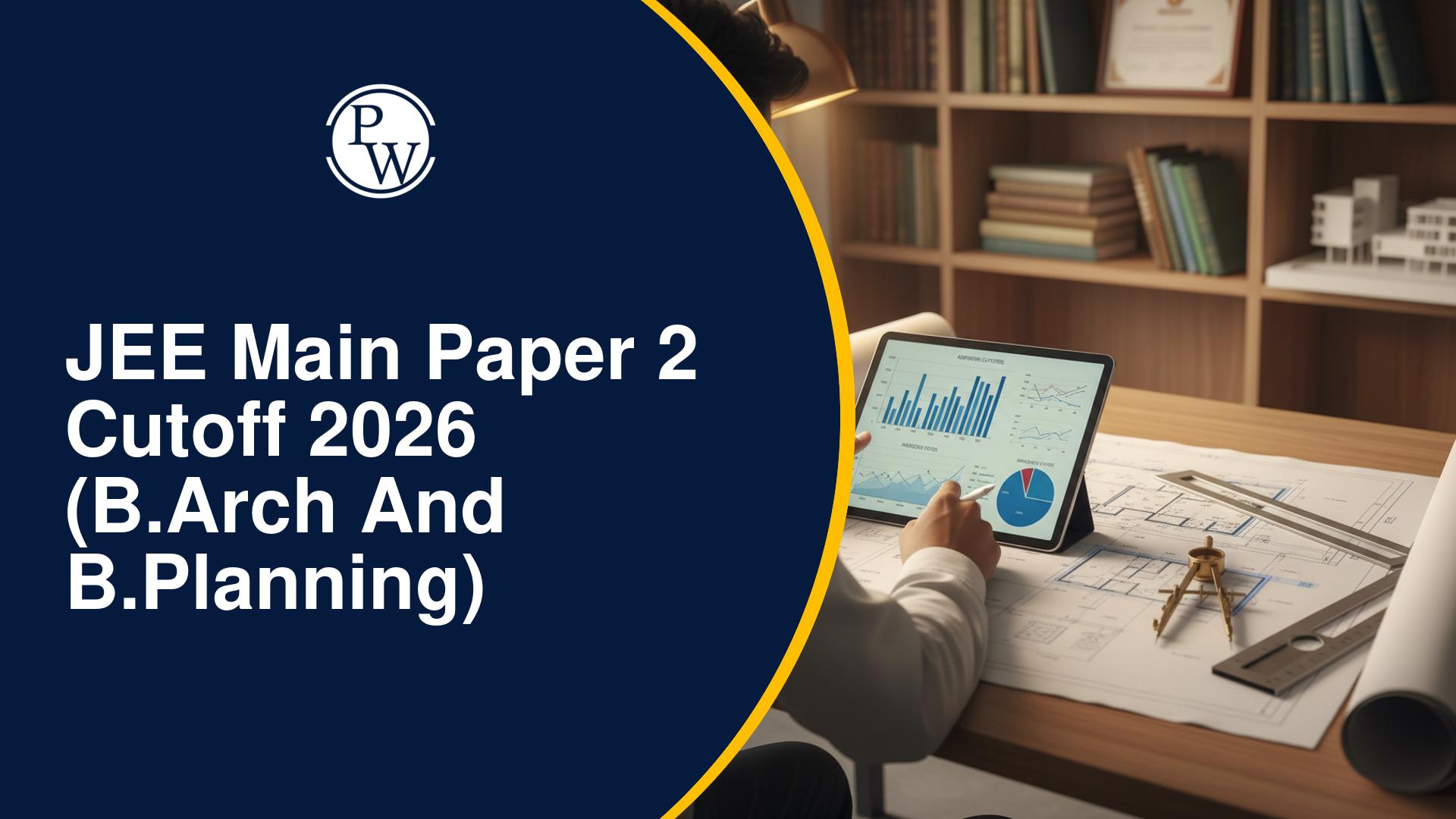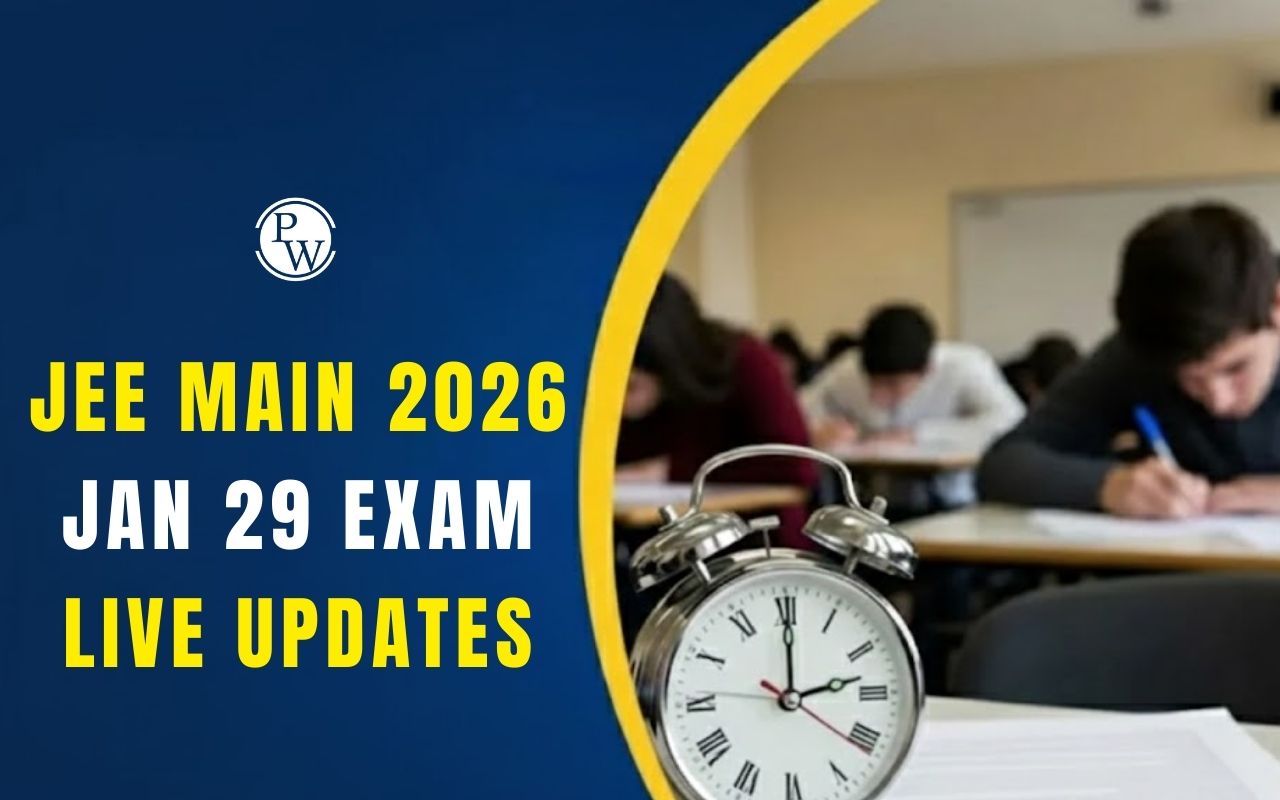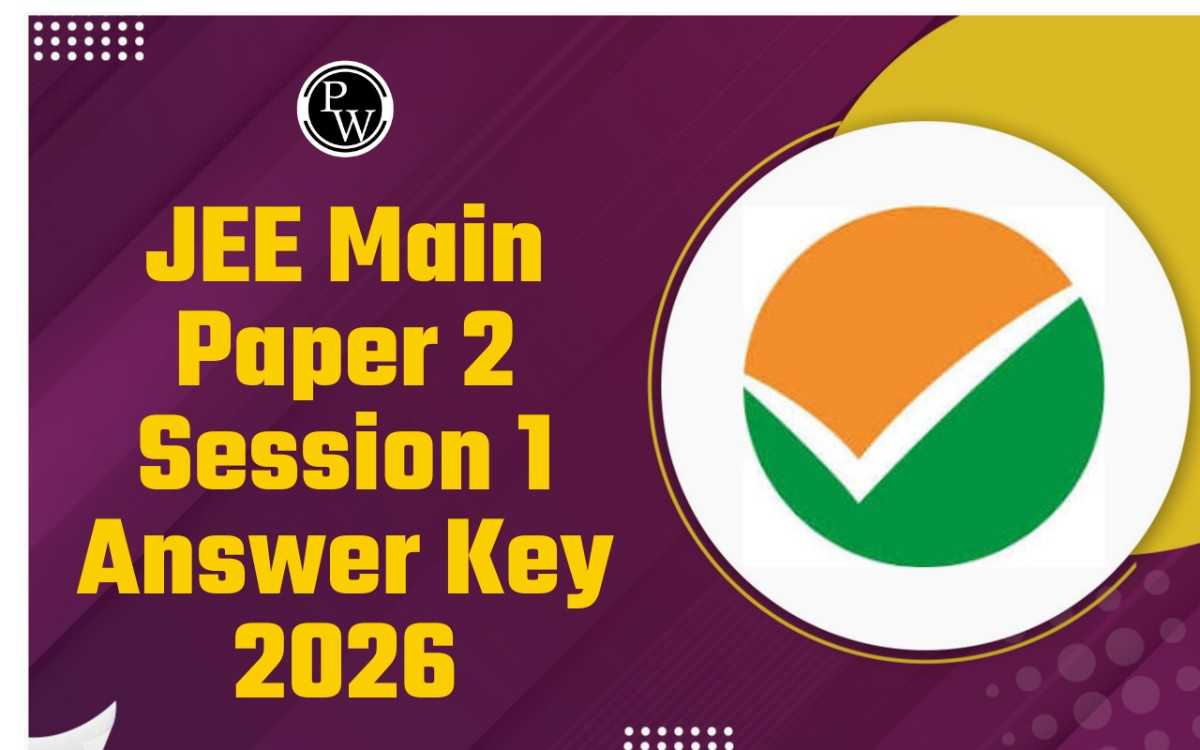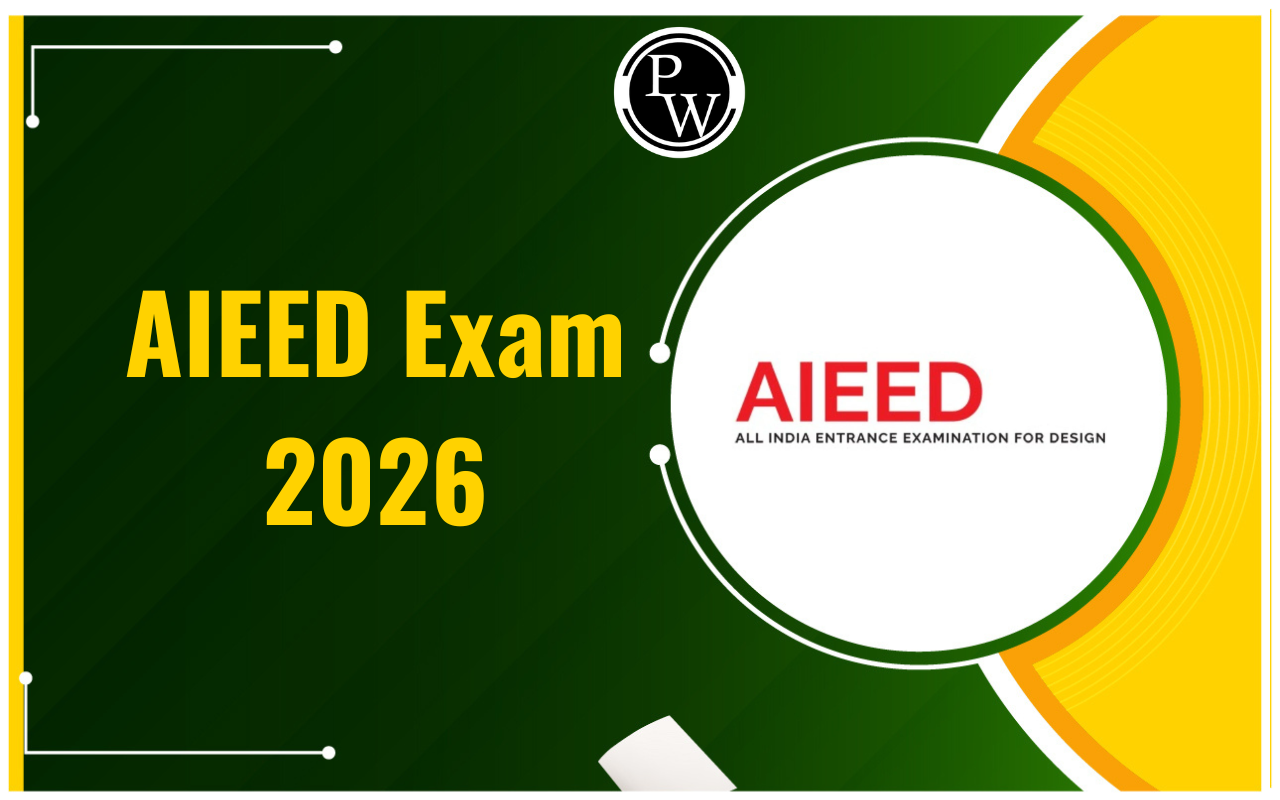
BPlan Admission 2025: BPlan (Bachelor of Planning) is a four-year undergraduate program that has gained significant traction in recent years due to the rapid pace of urbanization and the urgent need for sustainable city development. As cities expand and face challenges related to infrastructure, environment, and resource management, there is a growing demand for skilled professionals who can devise effective urban and regional planning solutions. BPlan graduates are increasingly sought after by government agencies, private consultancies, and NGOs.
BPlan Admission 2025 are conducted through both merit and entrance exams, with top exams like JEE Main, NATA, and CUET widely accepted by leading colleges. Candidates must have completed 10+2 with Mathematics as a compulsory subject to be eligible.
BPlan Admission 2025 Overview
Bachelor of Planning (BPlan) focuses on architectural planning and urban development. Top institutions such as the School of Planning and Architecture (SPA) and various universities across India offer this program, reflecting its growing relevance in today’s urban landscape. The following table mentions the relevant aspects of BPlan Admission 2025.
Eligibility Criteria for BPlan Admission
The eligibility criteria for BPlan admission require candidates to have completed their 10+2 (Class 12) education from a recognized board with Mathematics as a compulsory subject. Meeting the eligibility standards is the first step before applying through entrance exams or merit-based processes. Eligibility criteria may vary slightly between institutions, so candidates should check specific college requirements before applying.
- Cadidates must have completed 10+2 (Class 12) from a recognized board with Mathematics as a compulsory subject.
- The minimum qualifying marks required is 50% (some colleges may have higher or slightly different requirements).
- Candidates who are appearing for their Class 12 exams in 2025 are also eligible to apply.
- There is no age limit prescribed for BPlan admission in most colleges.
Exams for BPlan Admission 2025
The prominent entrance exam for BPlan admission in 2025 is the JEE Main B.Planning paper conducted by the National Testing Agency (NTA). This computer-based test covers three sections: Mathematics, General Aptitude, and Planning. Other entrance exams accepted by some institutions include NATA and state-level tests like MHT-CET. Admission is based on the candidate's performance in these exams, followed by counseling and seat allotment.
BPlan Course Syllabus
The BPlan course syllabus is designed to provide a comprehensive foundation in urban, regional, and environmental planning over eight semesters. Students study a range of subjects, including planning theory, building structures, construction materials, surveying, transportation planning, and urban management. Candidates can also select elective subjects based on their interests in the later years. The curriculum emphasizes hands-on learning through planning studios, lab-based courses, and industry projects.
BPlan College and Course Fee
BPlan colleges in India offer the Bachelor of Planning program at both government and private institutions, each with its own fee structure and facilities. The cost of the course can vary significantly depending on the type of college, with government colleges generally charging lower fees compared to private institutions. The course fee includes tuition, examination, and other institutional charges. The totla course fee for various colleges proviing BPlan courses are mentioned below.
Job Opportunities for BPlan Graduates
BPlan graduates have a broad spectrum of job opportunities in both the public and private sectors. Graduates can work as Urban Planners, Regional Planners, Project Planners, Design Architects, and Interior Designers. Government roles are available in municipal corporations, town planning departments, and housing authorities, while private sector opportunities exist with real estate developers, construction firms, and consultancy services.
Average Salary for BPlan Graduates
The average salary for BPlan graduates in India ranges from Rs 3 to 6 lakhs per annum, with entry-level roles such as Urban Planner or Regional Planner offering starting packages around Rs 4.5 to 5.4 lakhs per annum. Salary levels depend on factors like specialization, location, employer, and experience. As graduates gain experience and expertise, their earning potential can increase significantly. BPlan remains a promising field for those seeking both professional growth and competitive compensation.
BPlan Admission 2025 FAQs
What is BPlan and how long is the course?
BPlan (Bachelor of Planning) is a four-year undergraduate program focused on urban, regional, and environmental planning.
What are the eligibility criteria for BPlan admission?
Which entrance exams are accepted for BPlan admission in 2025?
Major entrance exams include JEE Main (Paper 2), NATA, CUET, and university-specific exams such as IUET and JUEE, depending on the institution.
Which are the top colleges offering BPlan in India?
Is there any age limit for applying to BPlan?
Most colleges do not prescribe an age limit for BPlan admissions.










